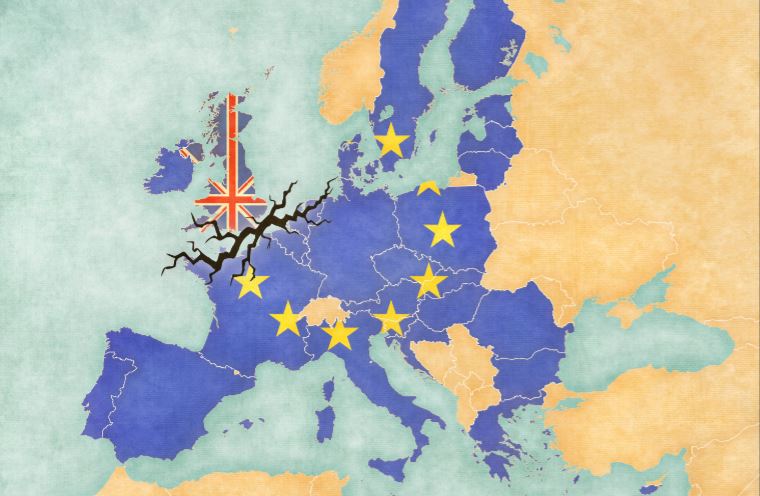Brexit could delay drug launches, former MHRA chief warns

The former chair of the UK’s drug regulator Sir Alasdair Breckenridge has become the latest high-profile figure to warn that Brexit could delay launch of new drugs in the UK.
In an interview on Radio 4’s Today programme, Breckenridge backed industry figures who have warned that the likely divorce of the UK’s drugs regulator from the European system could deter pharma companies from launching new medicines in the UK.
Senior figures from regulation, politics and pharma warned in the programme that the government must ensure the UK secures a good deal for drug regulation after Brexit.
The pharma industry, along with public sector and academic partners involved in life sciences, had campaigned for the UK to remain in the EU because of the benefits of the European Medicines Agency (EMA) and its centralised drugs regulation system.
But the EMA looks almost certain to leave its headquarters in London because of Brexit, and the government has indicated that it does not want to remain part of the agency as this would mean staying under the influence of the European Court of Justice.
Breckenridge, who used to head the Medicines and Healthcare products Regulatory Agency (MHRA) said the comparatively small size of the UK market compared to the EU market, and the extra cost of engaging with a separate regulatory system, could mean the country falls down pharma’s list of priorities when marketing new drugs.
Breckenridge said: “Therefore there will be a delay in getting new drugs imported, anti-cancer drugs, anti-infective drugs for patients in the UK."
“Since there will be a second application, as well as the European application, the cost will be greater.”
And former MHRA chief executive, Sir Kent Woods, warned that public health could suffer if drugs regulation gets dragged into any political fighting over Brexit and the shape of the UK’s trade agreement with the EU.
David Jefferys, senior vice president at Eisai Medical Research, agreed. He said: “The UK will be in the second or third wave, UK patients may be getting medicines 12, 18 or 24 months later than they would if we had remained in the European system.”
Scottish Nationalist MP Philippa Whitford and member of the health select committee added that Theresa May had “looked utterly blank” when she had raised the matter during parliamentary questions.
Whitford raised the matter in parliament last month after health secretary Jeremy Hunt admitted at a committee hearing that he did not expect the UK to remain part of the EMA after Brexit.
Whitford said she feared pharma will see the UK as a “hostile market” because of NICE’s rejection of drugs and Brexit.
Hunt is not on the Brexit cabinet, and Whitford fears that matters such as the health insurance card, and the right of pensioners to have healthcare, will not be on the agenda during negotiations.
Responding to the programme, the Association of the British Pharmaceutical Industry’s executive director – Research Medicine and Innovation, Virginia Acha, said: “If we don’t find a way to continue to align the UK regulatory system with the EU through cooperation, patients in the UK and in Europe both face the real risk of disruption and delay.
“Securing cooperation between the UK’s medicines agency and the EMA is a sensible solution, and we will continue to make the case for an agreement to be reached.”











